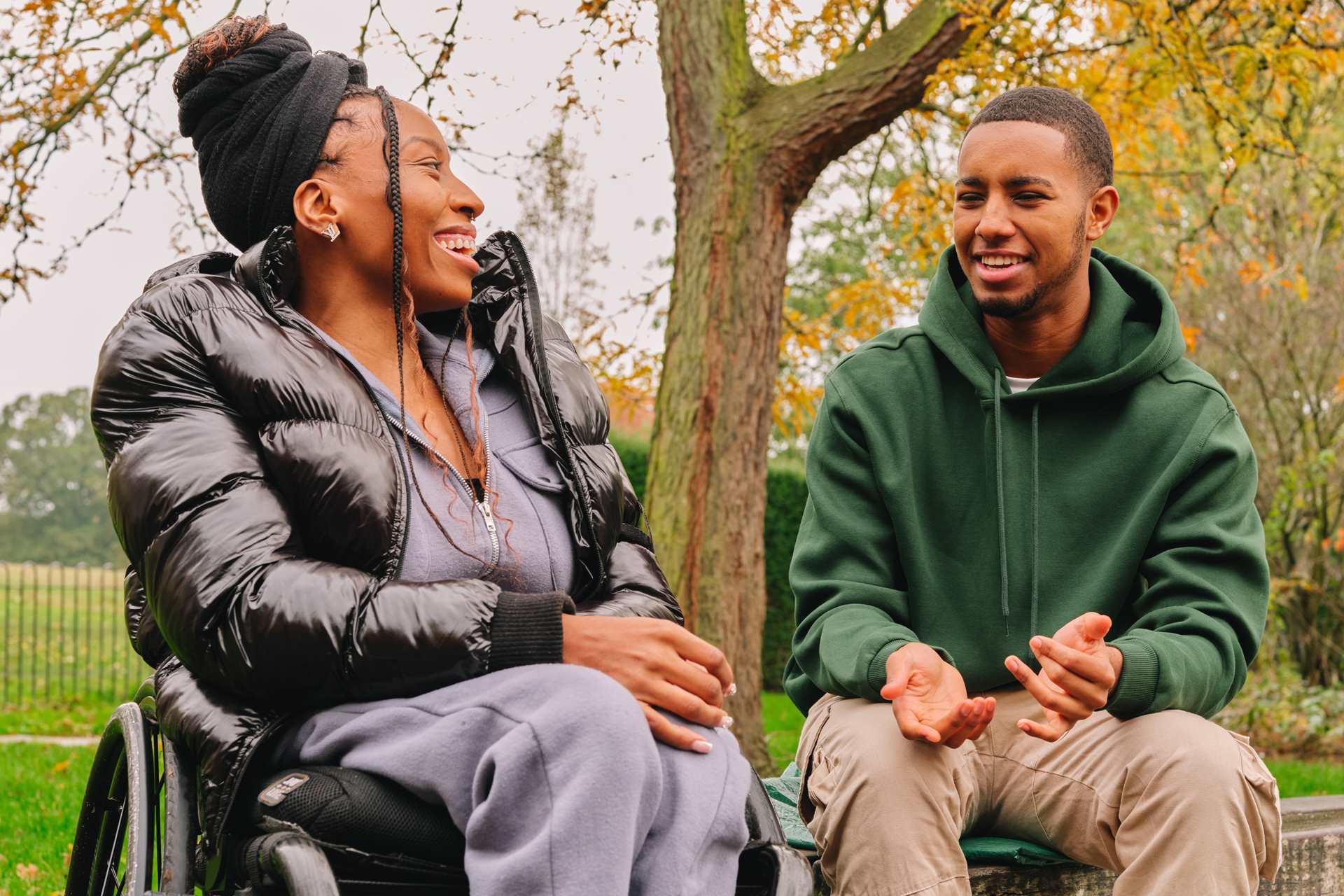If you have taken more venlafaxine than the dosage recommended by the doctor who prescribed it to you, you must get medical help immediately – even if you do not feel any different.
While taking venlafaxine, some people may think about hurting themselves or taking their own lives. Go straight to hospital with your tablets if you have any of these thoughts.
Venlafaxine can also cause other rare, but serious side effects: allergic reactions (difficulty breathing, swelling of your face or throat, itching skin lumps, severe rash), unexplained muscle pain and tenderness, chest tightness, difficulty breathing, or serotonin syndrome (symptoms of this include a high fever, agitation, confusion, trembling, or weird movements of your muscles). Go to a hospital if you get any of these symptoms and take your medicine with you.
Do not take venlafaxine if you have taken a monoamine oxidase inhibitor antidepressant (MAOI) like moclobemide, phenelzine, isocarboxazid or tranylcypromine in the last 14 days.
Stopping venlafaxine suddenly can cause serious side effects. Go to your doctor if you want to stop, or if you are having these effects.
Venlafaxine is not addictive, but stopping it suddenly can cause problems such as: feeling dizzy or shaky, sleep problems (including difficulty sleeping and intense dreams), feeling irritable or anxious, feeling or being sick, and headaches. Go to your doctor if you want to stop, or if you are having these effects.
You might feel sleepy or restless, and may not be able to see properly, in the first few days after taking venlafaxine. Do not drive a car, ride a bike or operate machines until you see how this affects you.
Venlafaxine may affect the developing baby during pregnancy. If you are trying for a baby or become pregnant while taking venlafaxine, you should speak with your doctor as soon as possible to discuss options and alternatives.







